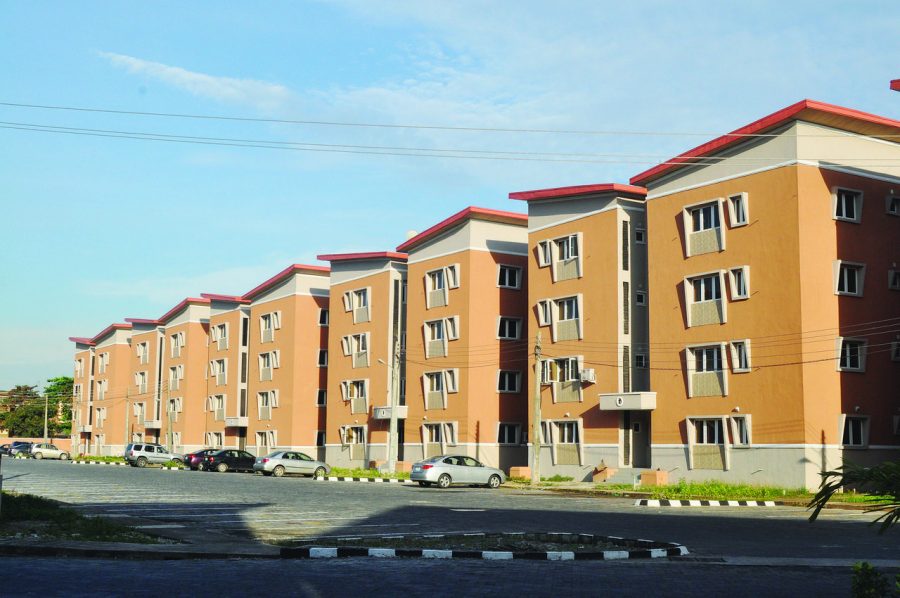A Lease is legally-binding contract used when a Property owner, the "lessor," leases residential or commercial property to an Occupant, the "lessee." The Lease offers all of the terms under which a residential or commercial property is rented and details functions, duties, rules and regulations, and policies. It safeguards both celebrations ought to a conflict develop and offers the framework for with any disagreements. It is necessary anytime you lease out a residential or commercial property.
If it is a fixed term Lease, it will clearly offer an end date. Most Leases are fixed term and offer a starting and ending date. Even if your Lease is repaired term, it likely will supply the terms under which the Tenant can extend the Lease period.
Both a Lease and a Rental Agreement are legally-binding agreements in between a Landlord and Tenant The distinction between a Lease and a rental contract is the duration of the contract.
A Lease is generally a long-term arrangement, varying in between 12 and 24 months, while a rental contract is a short-term agreement for just a couple of weeks or months.
Often, the terms Lease and rental agreement are utilized interchangeably. That stated, to avoid any confusion, we normally refer to longer-term agreements as Leases and utilize the expression rental agreement for a short-term contract with an end date that's generally around 1 month away.
What is the Difference between a Rental Application and a Rental Agreement?
The rental application and rental contract are simple to puzzle however they serve very different purposes.

The rental app is utilized to help the Landlord screen applicants and choose a certified Tenant. It is not a rental agreement and is not a legally-binding file. That said, it's extremely crucial. A Property owner should constantly evaluate Applicants before they rent a residential or commercial property. This helps to make sure that the prospective Tenant can pay lease and will be a reputable occupant.
In contrast, a rental contract creates a contractual relationship in between the Landlord and Tenant that specifies the terms under which a Tenant rents a residential or commercial property from the Landlord. As discussed, the rental agreement is also a necessary document and ought to be completed before Landlords lease residential or commercial property to a Renter.
Why do I Need a Lease?
A Lease does a couple of vital things for both the Landlord and Tenant. First, it outlines each party's roles and obligations in addition to any rules and regulations or policies that the Tenant requires to follow. Second, it offers security for both celebrations on the occasion that any conflicts occur. Third, it's needed by some states.

Ultimately, the Lease assists prevent conflicts and offers a framework for fixing conflicts when they do develop. A Lease is required at any time you lease a residential or commercial property, even if you're renting to a relative or someone you understand. Unfortunately, a handshake will not assist with conflicts or protect you in court. Instead, you need a Lease to define the rental terms and policies.
Bottom line: before you rent any residential or commercial property, you need to carry out a Lease. This is crucial to getting the most out of your property.
What if a Renter Violates a Term of the Lease?
If an Occupant violates the Lease, the very first thing the Landlord need to do is communicate with the Tenant and attempt to solve the issue. The truth is that in some cases Tenants do not even realize they're breaking the Lease, so an easy discussion can sometimes resolve the concern.
For instance, if an Occupant is regularly late with each month's rent and doesn't pay rent by the due date, the Landlord must:

- reach out to the Tenant.
- share issues about the month's rent and the significance of paying lease on the due date
- advise the Tenant when the month's rent is due pursuant to the Lease
- go over late costs related to rent
- offer any assistance possible to guarantee that the Tenant pays monthly's lease on time.
This preliminary discussion may fix the issue.
If the Tenant continues to be late with paying lease and continues breaking the rental contract, you may need to consider more drastic actions. In some instances, this indicates thinking about the steps needed to end the domestic rental or residential Lease Agreement.

A good place to begin is frequently a Notice to Vacate, which is an official demand asking the Tenant to voluntarily leave by a particular date. In this Notice, the Landlord must communicate the issue and clearly communicate that the Tenant requires to leave.
If the Tenant does not abide by that request and continues violating the Lease, then the Landlord will require to issue an expulsion warning and, potentially, start expulsion proceedings.
What do I finish with a Signed Lease?
It is essential to securely keep your completely carried out, or signed, Lease. A performed copy should be given to all Tenants and the Landlord should store the Lease Agreement to have on file in case any problems arise.
What does Governing Law indicate?

When you hear governing law in the context of a Lease, it suggests the laws that apply to the Lease. A property Lease is governed by the state laws where the rental residential or commercial property is situated. Should any disputes emerge, the celebrations would be in the jurisdiction of the state courts where the residential or commercial property sits.
For instance, if you reside in New York however have a rental unit in Florida, Florida law would be the governing law. This indicates that when the Lease is drafted, it needs to adhere to all of Florida's suitable laws.
What are the Main Responsibilities of Landlords?
The particular duties of Landlords will be set out in the Lease. That stated, every Landlord has an obligation to Tenants to maintain a warranty of habitability, which implies that the residential or commercial property fulfills fundamental safety and living standards
This is an intrinsic right afforded to all Tenants in the United States regardless of the language of the Lease. This means that as a standard, Landlords are responsible for staying up to date with safety codes and making sure that the residential or commercial property they rent is livable and safe for residents.
Beyond this intrinsic right, other obligations will be particularly described in the Lease Agreement and generally include dealing with residential or commercial property maintenance, residential or commercial property management, addressing problems triggered by normal wear and tear, and making residential or commercial property repair work.
In addition, Landlords are accountable for keeping up with financial obligations consisting of paying residential or commercial property insurance coverage, taxes and, if applicable, the mortgage.
What is an Alternative to Purchase and When Should I Include it in my Lease Agreement?
A Lease Agreement with a Choice to Purchase is simply a Lease Agreement that consists of an option for the Tenant to purchase the rental residential or commercial property during the Lease period. It contains all of the same terms as a typical domestic Lease Agreement, but in addition, it also includes an offer from the Landlord for the Tenant to purchase the domestic rental residential or commercial property before completion of the Lease.
For a Proprietor that is open to or thinking about offering the residential or commercial property they lease, this can be a great term to consist of.

And, it's essential to note, that even if your existing property Lease Agreement does not include this choice, you can constantly include a choice to purchase the residential or commercial property with a Lease Purchase Option type.
What is the Difference Between a Commercial Lease Agreement and a Residential Lease Agreement?
Both a commercial Lease Agreement and a property Lease Agreement lay out the terms under which an Occupant leases a residential or commercial property from a Property owner. However, a business Lease Agreement is for area rented for a company. It is a contract between a Proprietor and a company that details the terms of a leased area that will be used for the business.
In contrast, a domestic Lease Agreement lays out the terms under which a Renter rents a residential or commercial property that the Tenant will live in.
While we primarily focus on supporting Landlords with domestic rental residential or commercial property, we do use a commercial Lease Agreement. Review a sample Commercial Lease Agreement to get more information.
No Data Found!

